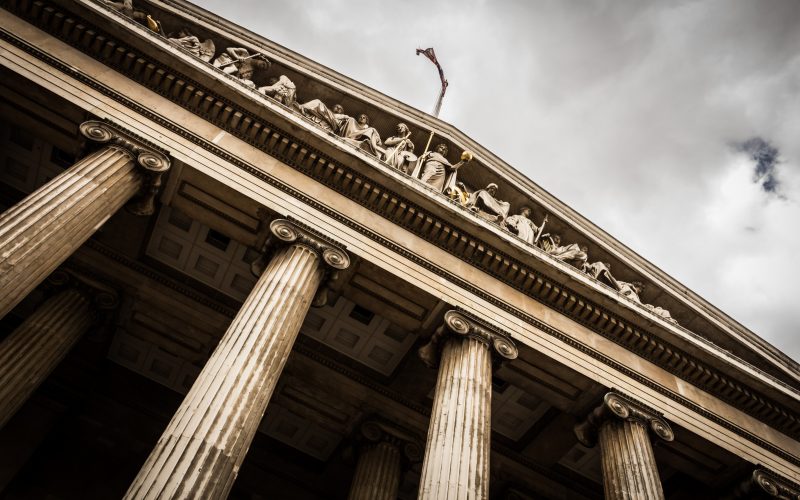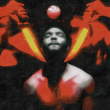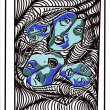Non-Fungible Tokens and The Law for artists and collectors.
This week we continue our conversation on NFTs and The Law with Professor Tonya Evans and Jacob Martin. This follows a successful discussion on Clubhouse on the topic. It is clear that there are gray areas that require further exploration and clarification.
Are there any IP implications for artists that show work across multiple platforms?
JACOB MARTIN: Showing work across multiple platforms, so long as they are different works, is totally fine. Unless and until you sign a deal with Platform X may be to promote you and they want exclusivity, this isn’t an issue.
Back to IP specifically, if you post the same work as a 1 of 1 on one platform and then a 1 of 1 on another platform… I would expect all hell to break loose in the market. As of now, there are art laws in place around “moral rights” and other implications of a famous artist diluting their own work and creating the same piece multiple times. We don’t have that specifically for anything with NFTs, but I guarantee the market will go after someone and blackball them at the platform level from any future promotion or major drops if they were to host the same piece in multiple locations. That goes against the point of Non-Fungible Tokens. If a creator makes $30k off of a piece they may be deeply interested in selling that same piece again… but hold off on that. That would be the last 30k you make off of NFTs if the marketplace can’t trust you to keep your word and let 1 of 1 be… just 1 of 1.
What right does a collector have when they purchase the work?
JACOB MARTIN: This may be the most commonly asked question I get from collectors, industry professionals, and bigger brands. The concern is that a seller is giving away their copyrights in some way or giving the purchaser the right to utilize the NFT in some way for commercial reasons. That is simply not the case. On nearly all platforms, regardless of what the smart contract says, the terms of sale say something to the effect of “Purchaser understands that they are receiving no Copyrights, Commercial Rights, or other ownership rights to the work.”
So what do you actually get as a purchaser? Let’s take unlock-able content, physical pieces, and other things that may come with your NFT off the table for a second… You are purchasing the right to a line of code, that came from the creator’s wallet and smart contract, for yourself. You have the right to later resell that line of code. The code, depending on something I mentioned above with URLs and IPFS may point to another line of code, that points to a URL, hosted on a marketplace. Very few NFTs are actually just a line of code that you can pull off of a platform and put in something like a hardware wallet with zero pointing back to the platform.
TONYA EVANS: Right to display and generally resell (unless there is a restriction on resale).
What rights are maintained by the artist when they sell work?
JACOB MARTIN: Unless an artist specifically allows for the use of the underlying IP, which is a whole can of worms on its own, nearly all sales on platforms give up ZERO Copyrights, Commercial Rights, or any other rights to utilize the purchased NFT and
TONYA EVANS: Any rights not specifically granted, by default.
What copyright protections exist for artists once a work is sold?
JACOB MARTIN: To reiterate – no one really owns the copyright to their work, as in they don’t have the right to file a lawsuit for any violation unless they have registered that copyright with the USPTO. But yes, creators in nearly all instances, unless they are choosing to give up their Copyright in some capacity, do retain their rights
How does copyright work if there are more than one creator?
JACOB MARTIN: Same as the real world. If one person creates a visual and the other creates a song – it would seem like both of them should go
What should artists consider when they are thinking of licensing their IP for use by a 3rd party?
JACOB MARTIN: This isn’t really an NFT based question. But one interesting ramification may be this: What if you sell an NFT as a 1of1, but then a gallery or another commercial use asks you to let them host or use your piece in a movie? The artist will still have the copyright to the work. In the real world when an art piece is used in a movie, screen time requires a sign-off and for the original creator to get paid.
What if an NFT PURCHASER chooses to try and lend out their original purchased piece and make money off of it? We haven’t really seen this issue emerge yet but yes, licensing with NFTs will have more issues emerge in the Metaverse and digital/VR worlds long term.
Does the law apply the same in the physical world and on the block chain? That is to say, there is a belief that existing laws mostly apply to physical items in the real world and not digital items on the block chain. Is this true? Why or why not?
JACOB MARTIN: So we’ll have to wait and see what the legislature and courts choose to do with actually answering this question, but I do think the answer is the worst lawyer answer of all time: It Depends.
With a blockchain 1 of 1 piece versus a real-world 1 of 1 – the artist retains their copyright, the purchaser has the right to keep it or sell it, and creating a second 1 of 1 would be bad. I think there are standard corporate/business laws, securities laws, Intellectual Property/creator laws, blockchain/cryptocurrency laws. Ultimately there is a final piece of the pie that is maybe 10% worth of gray space. The question here references some of the gray space. My final answer would probably be “I don’t know” but realistically there are a LOT of clear-cut black and white laws that can be applied here. Just like the legislation and court rulings related to cryptocurrencies that came out of the 2017 ICO boom – those securities rules are obviously now tailored appropriately, but the top securities attorneys in the country more or less were correct in their best guesses as to how the rules would be applied.
TONYA EVANS: The expression of an original literary or artistic work is the same, regardless of whether the expression is physical or a digital file.
How does an artist fight infringement on their work? What are the steps to take?
JACOB MARTIN: If an artist’s work is infringed upon the simplest approach would be to reach out to the infringing party with a simple “hey you’re infringing on my work, would you please take it down?” But with Blockchain, if something has been minted to the blockchain and sold the piece to someone else, there will be no way to force a takedown or force the purchaser to burn it (process for removal from the blockchain – see 3LAU’s Melting Process on April 13). So if a simple message/email/letter doesn’t get the job done, a cease and desist letter is likely the best option for still avoiding court with court filing fees. If a cease and desist doesn’t work… court is the next step.
TONYA MARTIN: Immediately contact the platform or platforms publicly displaying the work to request a Digital Millennium Copyright Act “DMCA takedown” of the infringing work. Platforms in the United States are required to comply to receive “safe harbor” or they risk being sued for secondary infringement liability.
What’s the craziest case you’ve seen in your practice thus far that could serve as a cautionary tale for artists?
JACOB MARTIN: I will say I worked on a case where an absolute A-list Celebrity sent a cease and desist (Likely sent by the celeb’s team without their knowledge) to a young photographer over an NFT he posted. The NFT was a photo, where the photographer owned the Copyright, the photographer then further altered the photo by digitally animating it, but the Cease and desist really just didn’t even understand what they were asking.
We are so early in the NFT space that my response letter had to explain blockchain, NFTs, Copyrights, Jurisdiction, and several other things that the other side didn’t even address. After I sent the response letter they didn’t even get back to us. No suit filed.
I’m not typically a litigator anyways, but I will take cases as needed because until the language, the technology, and mechanics of NFTs are generally understood, there will continue to be pretty wild situations like this one.
Another case that hasn’t emerged yet is some work I’m doing that is related to the Metaverse… Or maybe related to IP owned by some fortune 500s… We’re so early in the space. We’re early enough that the real cases haven’t even begun yet. Hopefully I get to be a part of a few and creators come out on top consistently!
Follow Tonya Evans on Twitter. Follow Jacob on Twitter.

